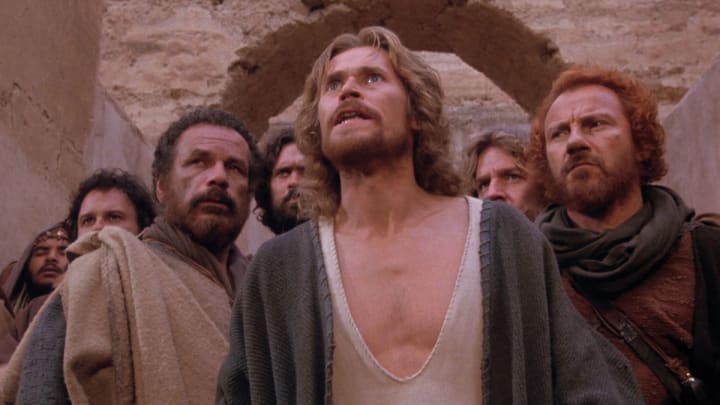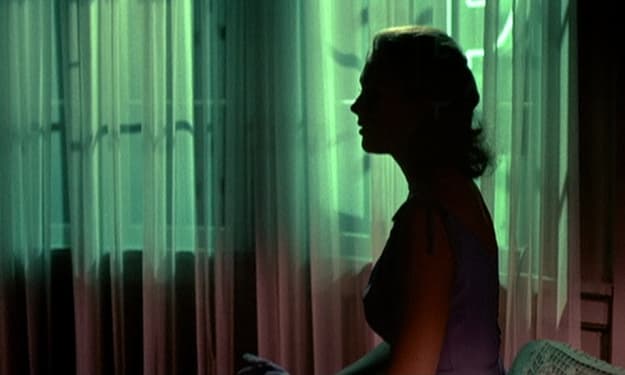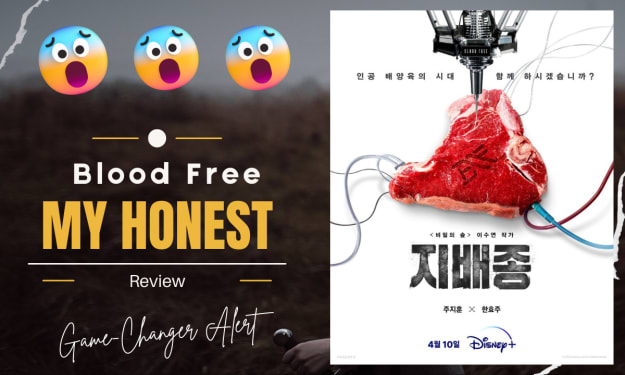A Filmmaker's Guide to: Carpe Diem
Film Studies (Pt.22)

In this chapter of ‘the filmmaker’s guide’ we’re actually going to be learning about literature and film together. I understand that many of you are sitting in university during difficult times and finding it increasingly hard to study and I understand that many of you who are not at university or not planning on it are possibly stuck of what to do, need a break or even need to catch up on learning film before you get to the next level. This guide will be brief but will also contain: new vocabulary, concepts and theories, films to watch and we will be exploring something taboo until now in the ‘filmmaker’s guide’ - academia (abyss opens). Each article will explore a different concept of film, philosophy, literature or bibliography/filmography etc. in order to give you something new to learn each time we see each other. You can use some of the words amongst family and friends to sound clever or you can get back to me (email in bio) and tell me how you’re doing. So, strap in and prepare for the filmmaker’s guide to film studies because it is going to be one wild ride.
Carpe Diem
What is it?

Taken from Latin and specifically Horace's "Odes", Carpe Diem literally means 'seize the day'. It is used especially when the message is do with how life is fleeting and that each and every moment is of utmost importance. It considers that when the moment is gone, it is gone and you are never going to get it back and so, as time is against us, we require to do what we can with the time we have and not waste away.
In literature, there are many different pieces that tell us about carpe diem apart from just the Odes by Horace. For example, in the poetry of Andrew Marvell, we can often find references to running out of time and requiring the seize every single moment of life. Check this out from the last few lines of his poem "To His Coy Mistress" :
Now let us sport us while we may,
And now, like amorous birds of prey,
Rather at once our time devour
Than languish in his slow-chapped power.
Let us roll all our strength and all
Our sweetness up into one ball,
And tear our pleasures with rough strife
Through the iron gates of life:
Thus, though we cannot make our sun
Stand still, yet we will make him run.
Do you see it? There's a great amount of talk about how nothing should wait and how waiting only gets us closer to the inevitable.
What about in film?

In film, Carpe Diem is often looked at through the eyes of a character who is in the experience of it rather than the main storyline itself. A character experiences carpe diem as a result of something else, which either reinforces or changes their views on life towards the more active lifestyle of knowing and being aware of one day, they are going to die. Knowing this and being aware of it are two different things and though we all know it, these characters undergo some sort of change in which they become aware of it and this makes for a great character arc, but is normally not a part of the main storyline.
Here's a watchlist that you can sift through in order to learn about this in different ways:
- Dead Poets Society (1998)
- Titanic (1997)
- The Last Temptation of Christ (1988)
- The Green Mile (1999)
- Glengarry Glen Ross (1992)
Each of these films looks at the idea of carpe diem completely differently, as we know that "Dead Poets Society" is a comedy whereas "The Green Mile" is a thriller and "Titanic" is a romance, "The Last Temptation of Christ" is a historical fiction drama and finally we have "Glengarry Glen Ross" is a drama. Each of these films have one thing in common, the character arc is relative to carpe diem. Something happens to the character that makes them aware of their existence and therefore, they continue to work harder, proceed with taking a huge amount of action. Let's take a look at some books you could read in order to learn more about how this works.
Further Reading:
- Burrow, C (2006). Metaphysical Poetry. UK: Penguin.
- De Waal, K (2017). My Name is Leon. UK: Penguin.
- Gordon, G. Lord Byron (2008). The Major Works. 2nd ed. UK: Oxford World's Classics.
- Horace (2008). The Complete Odes and Epodes. 2nd ed. UK: Oxford World's Classics.
- Mitchell, D (2014). Cloud Atlas. USA: Sceptre.
About the Creator
Annie Kapur
195K+ Reads on Vocal.
English Lecturer
🎓Literature & Writing (B.A)
🎓Film & Writing (M.A)
🎓Secondary English Education (PgDipEd) (QTS)
📍Birmingham, UK






Comments
There are no comments for this story
Be the first to respond and start the conversation.